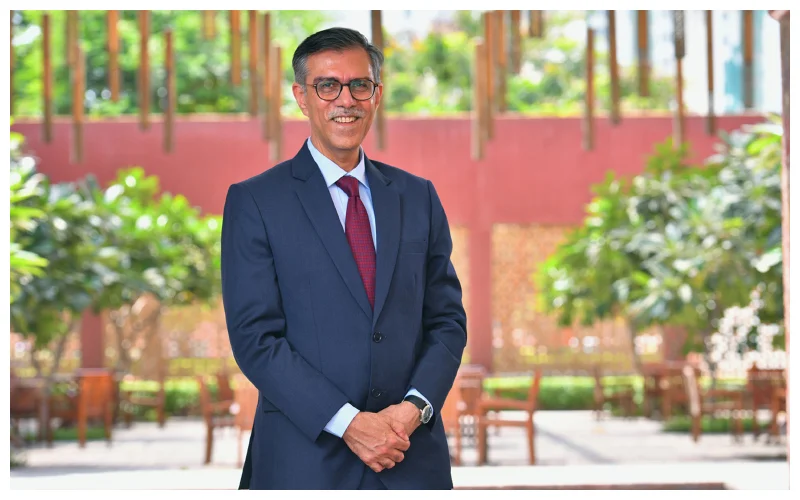Mental health experts and neuroscientists recently gathered in Nairobi to discuss brain health solutions for low- and middle-income nations. The conference, titled ‘Healing the Brain: Bridging the Gap in Low and Middle-Income Nations,’ focused on understanding the impact of mental health and neuroscience on communities.
The Ministry of Health’s Mental Health Investment Case 2021 highlighted a burden of Ksh62.2 billion, encompassing medical expenses and lost productivity. Globally, depression and anxiety take a toll of US dollars 1 trillion (Ksh152.5 trillion) annually on the world economy, with estimates projecting an increase to US dollars 6 trillion by 2030 (Ksh915 trillion).
Dr. Sulaiman Shahabuddin from Aga Khan University pointed out the stark global contrasts in mental health funding, with a mere 2 percent allocation in lower-income countries, dropping even further to 1 percent. This is particularly striking in Africa, where mental health research represents only 2 percent, despite the continent facing the highest global suicide rates according to a report by African Times.

“Globally, mental health receives just 2 percent of all health funding, and the figure falls to 1 percent in lower-income countries. In lower-income countries, only a third of national health insurance plans cover mental health conditions such as depression, and there are just 2 mental health workers for every 100,000 people,” said Aga khan University President Dr. Sulaiman.
Reflecting on the conference’s inspiration, Prof. Zul Merali, Founding Director of the Brain & Mind Institute, emphasized the far-reaching implications of the burden of mental illness on socio-economic development.
Read Also: Mental Health Awareness Urgently Needed in Kenya: A Look at Recent News Stories
Prof. Lukoye Atwoli, Deputy Director of the Brain and Mind Institute, praised the conference as a pivotal step toward addressing the complex challenges surrounding brain health in less affluent nations.
The Brain and Mind Institute aims to mobilize communities and governments, advocating for impactful strategies in mental health. In Kenya, the current mental health expenditure remains inadequate, constituting a mere 0.01 percent of the total government health expenditure.
This stands in stark contrast to the global median of US dollars 2.5 (Ksh381.25) per capita, representing 1.8 percent of international health expenditures. Kenya’s spending falls considerably below the estimated economic costs of mental illness, around 0.6 percent of the GDP in 2020, according to a report by Gladys Wachira.
Subscribe to our YouTube Channel at Switch TV.
In the context of Kenya, mental health investments remain significantly low, echoing a broader trend across Africa, despite the continent grappling with the highest global suicide rates.
















